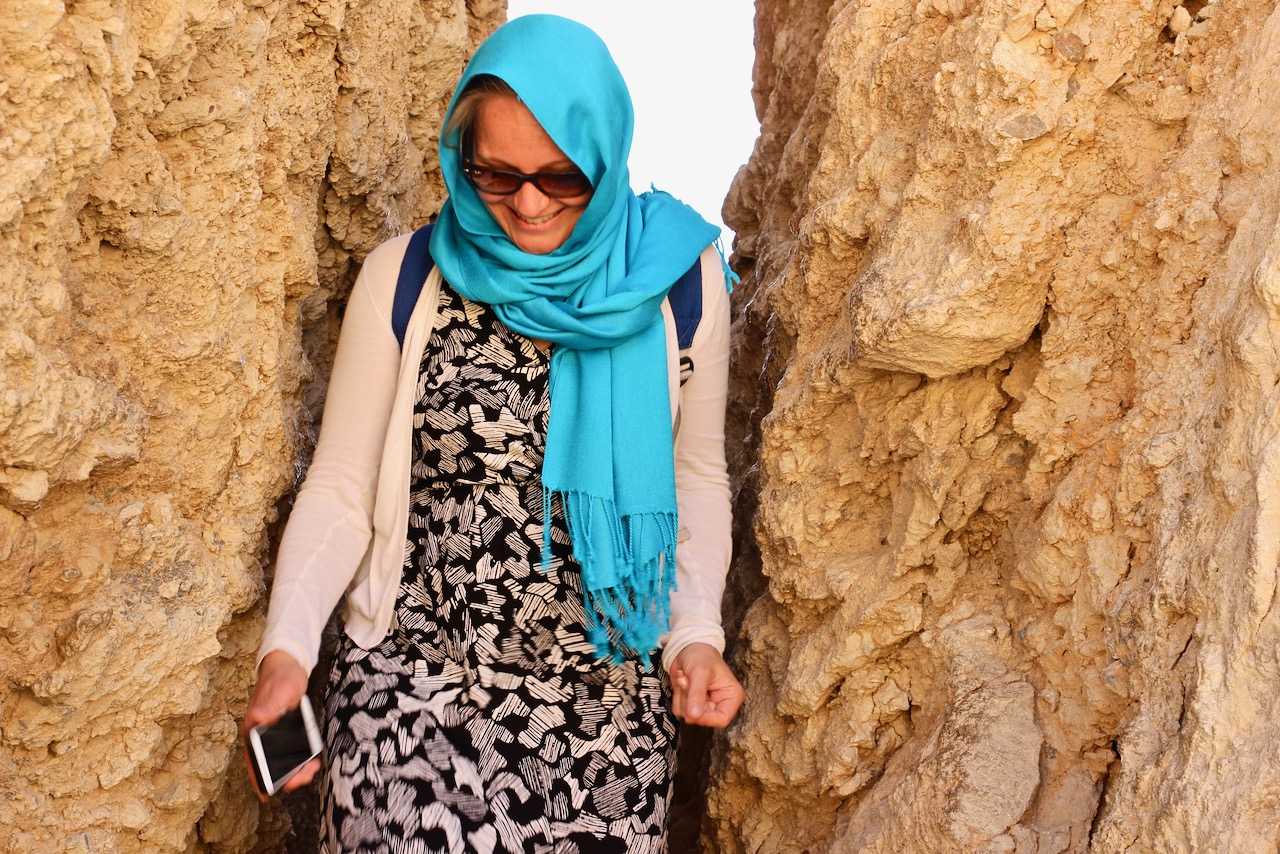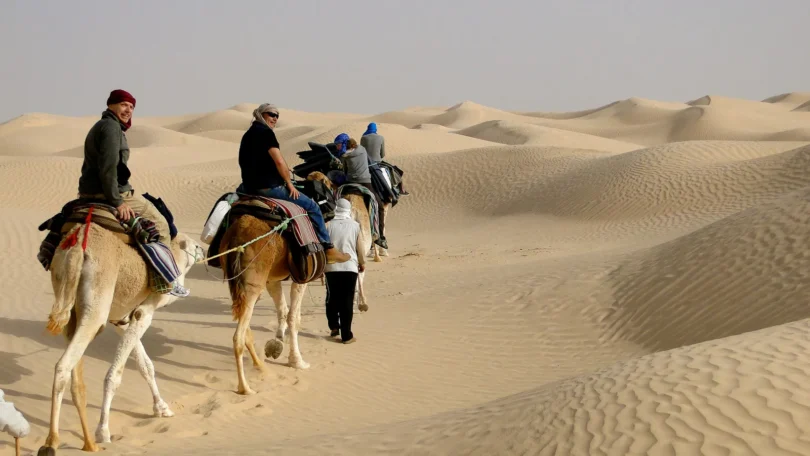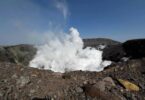Are you planning to visit Tunisia for the first time? Well, you just came to the right place as we have essential Tunisia travel tips to guide you. From when to go, through to how things operate and how long your trip should last, we will be answering all your questions to ensure your first trip to Tunisia is worry-free.
While Egypt and Morocco are the popular destinations for tourists in Northern Africa, Tunisia remains wonderfully undiscovered. Ancient cities, historical sites, incredible beaches, beautiful Coastal towns and, of course, the Sahara, Tunisia has plenty to offer foreign tourists. As you prepare to explore all the fantastic destinations above and many more, here are Tunisia travel tips that once you know, your stay will be memorable.
Table of Contents
1. When to Go to Tunisia
Like other countries in north Africa, May, June, September and October are the ideal months to visit Tunisia. During those months, you will be able to enjoy the beach and sightseeing while avoiding the scorching temperatures of the summer.
If you want to avoid crowds and get better offers, then visit during the winter months. However, it can be very wet and cold such that your exploration won’t be fun as you wanted it yo be.
2. What to Wear

A lady traveller appropriately dressed in Tunisia. Photo/ Engaging Cultures.
Tunisia is one of the countries where you have the freedom to wear what you want. However, ensure you dress modestly to avoid unwanted attention and feel confident when interacting with locals.
If you are walking around in tourist areas along the beach, you can likely wear what you want without problems. You’ll however need swimwear, sunhat, sunscreen and a sarong. For other parts of the country, including the desert, we recommend you carry a wind and water proof thin jacket, denim jacket, warm jumpers and some longer trousers because the nights get cooler.
3. Make Sure You Have Enough Cash
When visiting Tunisia, ensure you have enough cash at hand all times because most places do not accept credit cards. You will need to exchange your cash when you arrive at the airport or when in your hotel. Tunisia’s currency is the Tunisian dinar and you’re unable to exchange the dinar outside the country.
4. Rent Your Own Car
One of the essential Tunisia travel tips is ensuring you rent a car during your visit, especially if you want to explore the north and east regions. But if you can’t rent a car, a taxi is the best option since there is no uber in this north African country.
Most locals use buses or shared minivans to move around, but we don’t recommend them to tourists because public transport can be patchy sometimes. Trains are also used as a mode of transport but they are slow.
5. Spend More Than a Week in Tunisia
Well, you can’t talk about Tunisia travel tips and not mention the duration one should spend during their visit. As hinted above, Tunisia has a lot of tourist attractions. Thence, we recommend you spend a minimum of seven days in this north African country to explore a couple of destinations. But if you want to have the best experience and travel more widely, one month could do.

We recommend you spend at least one week in Tunisia. Photo/ Thrillist.
Why Do People Visit Tunisia?
The answer to this question is simple – tourists visit Tunisia because of the numerous attractions the country offers. As some people may be aware, Tunisia is filled with historical sites, fantastic beaches, stretches of the Sahara and UNESCO-listed destinations. Below are some of the places tourists visit in Tunisia:
- Carthage ruins
- El-Djem amphitheater
- Kairouan’s Grand Mosque
- Cape Bon
- Star Wars Village
Is It Currently Safe to Visit Tunisia?
One of the most common questions tourists ask is “Is it safe to visit Tunisia?” Yes, Tunisia is a generally safe place to visit all year round. However, it is advisable to always stay alert and be informed about local happenings. Instability in Libya and Algeria have made Tunisia less safe due to kidnapping being at a high risk near the borders. So, ensure you visit areas far from the borders and where security is tight.
Nevertheless, this north African country always provide tourists with reason to visit year all round, thanks to fascinating historical sites, a rich cultural history and beach holidays that are consistently among the most affordable around.








